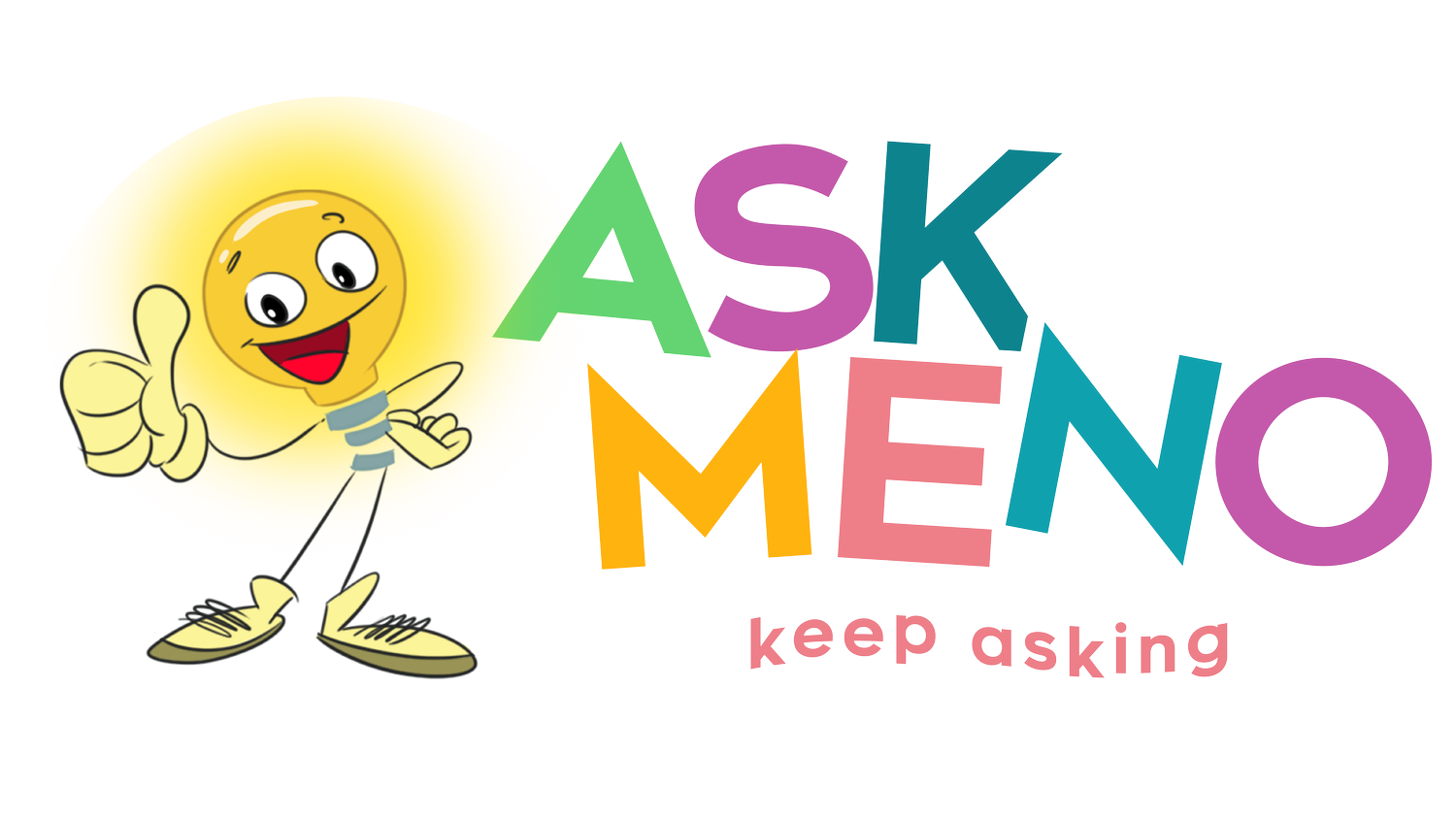The Other Half of the Science of Reading
Teaching Phonics Only Half the “Science of Reading”
In the classroom, evidence-based reading instruction tends to focus on the phonics component of early literacy. But neglected at the expense of phonics is what's known as "oral language development"—what Clinical Researcher MaryKate DeSantis calls "the missing link in literacy instruction" (Education Week, December 2023).
So what can educators do to gauge and grow oral language skills? Tiffany Hogan, Professor at the MGH Institute of Health in Boston, explains: "We want to see the same attention that's paid to word reading paid to oral language. We hear about the science of reading and 'word reading,' making sure that we have systematic, explicit instruction and that we monitor children's progress over time... We want to see that exact same specificity for oral language. In the work we've done, we've shown that if you systematically and explicitly stimulate language, you can see increases over time that promote reading comprehension."
Play is Key
As DeSantis goes on to explain, "when we talk about language, in particular, what's really important is usage." In order to get early learners to use language, the concept of play is critical: "Hearing language is one thing, but actually using it, and having fun with it, and playing with it, is another."
"We know that when children are taught components of stories, they're better likely to comprehend them; this is referred to as story grammar—setting, character, problem, and solution."
Follow us to learn more about play-based narratives and other classroom strategies for teaching oral language development—and the resulting gains in reading comprehension and foundational literacy!
About AskMeno
AskMeno is dedicated to helping early childhood leaders build the foundational oral language and social skills necessary for their young scholars’ reading comprehension and emotional wellbeing. AskMeno provides a play-based, teacher-facilitated supplemental curriculum that systematically and explicitly develops oral language and social skills through scaffolded, fun, and engaging learning activities.



